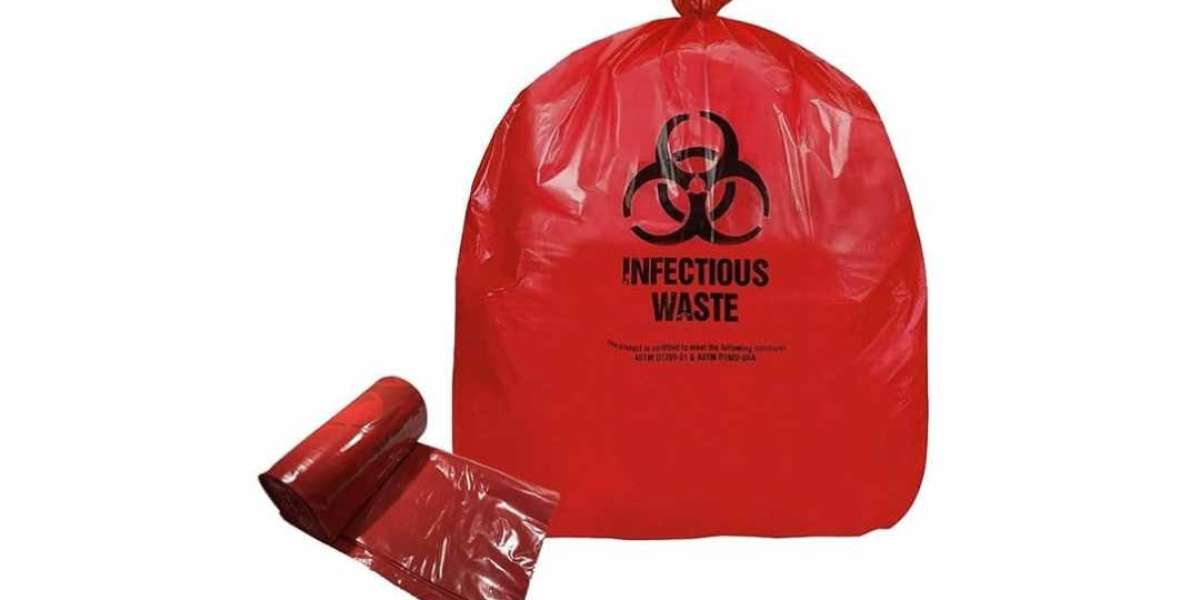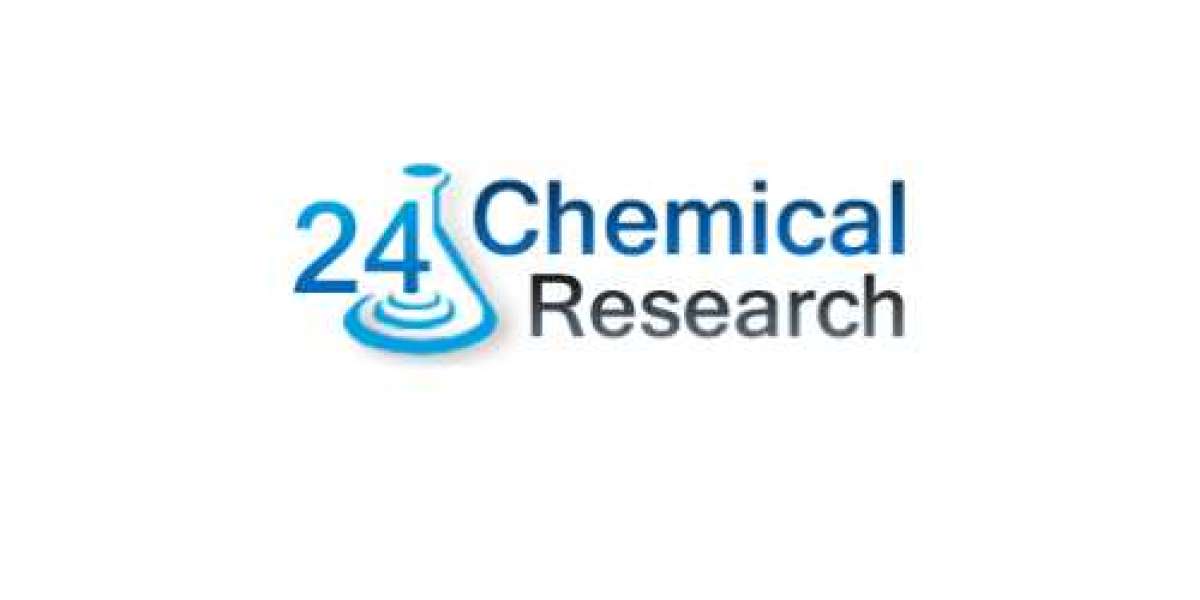One of the most effective tools in achieving this goal is the use of Biohazard Plastic Bag. These specialized bags play a crucial role in the segregation and disposal of bio-medical waste. With growing awareness about the dangers posed by improper waste management, the demand for high-quality biohazard disposal solutions has never been higher. This article delves into the importance of these bags, their proper usage, and how they contribute to a safer and cleaner environment.
The Significance of Proper Waste Segregation
Effective waste management begins with proper segregation. Mixing general waste with hazardous materials can lead to severe environmental and health risks. Biohazard bags are designed to simplify this process, making it easier for healthcare facilities, laboratories, and households to separate harmful materials from regular trash. These bags, often manufactured in bright colors and marked with the biohazard symbol, serve as a visual reminder of the potential danger contained within. By using these bags, users ensure that bio-medical waste is correctly identified and handled. This simple yet vital practice reduces the risk of contamination and safeguards waste handlers and the general public.
Understanding the Types of Biohazard Bags
Not all biohazard bags are created equal. They come in various sizes, colors, and thicknesses, each catering to specific needs. For example, red bags are commonly used for infectious waste such as used syringes and bandages, while yellow bags are often reserved for pathological waste. Some biohazard plastic bags are specifically designed to withstand punctures and leaks, ensuring the safe containment of sharp or liquid waste. Choosing the right type of bag is crucial, as it directly affects the efficiency of waste management systems. Bio-medical waste bags are often manufactured to comply with strict regulations, ensuring they meet the highest safety standards.
The Role of Bio Medical Waste Bags Manufacturers
Manufacturers of Bio-Medical Waste Bags play a critical role in promoting sustainable waste management practices. By producing high-quality, durable, and environmentally friendly bags, these companies contribute significantly to reducing the negative impact of hazardous waste on the environment. Reputable manufacturers prioritize compliance with international safety standards and often incorporate innovative materials that are both effective and eco-friendly. Additionally, these manufacturers provide guidelines on the proper use of their products, ensuring that users maximize their efficiency. By sourcing bags from trusted manufacturers, organizations can confidently handle their waste disposal needs.
Environmental Impact of Improper Waste Disposal
Improper disposal of hazardous waste has far-reaching consequences. When bio-medical waste is not segregated or disposed of correctly, it can lead to soil and water contamination, posing severe health risks to humans and wildlife. Burning biohazard waste in open areas can release toxic gases, contributing to air pollution and climate change. Biohazard plastic bags offer a practical solution to these issues by providing a secure means of containment. Their proper use ensures that waste is disposed of in designated facilities, minimizing environmental harm. Education and awareness are key to promoting the responsible use of these disposal tools.
Best Practices for Using Biohazard Bags
Using biohazard bags effectively requires adherence to a few best practices. Firstly, always ensure that the bag is the correct type and size for the waste being disposed of. Overloading a bag or using an incorrect type can compromise its integrity, leading to spills or contamination. Secondly, properly seal the bag once it is full, using designated ties or seals to prevent leaks. It is also essential to store filled bags in a safe, designated area until they are collected for disposal. Regular training for staff involved in handling biohazard waste ensures compliance with safety protocols. By following these practices, organizations can significantly enhance their waste management systems.
Regulatory Compliance in Waste Disposal
Compliance with regulations is a critical aspect of bio-medical waste management. Government and international bodies have established strict guidelines for the handling, transportation, and disposal of hazardous waste. Bio-medical waste bags manufacturers are required to produce products that meet these standards, ensuring the safe and effective containment of biohazard materials. Organizations that use these bags must also adhere to disposal regulations, which often include proper labeling and documentation of waste. Failure to comply with these rules can result in hefty fines and reputational damage. Staying updated on the latest regulations and training staff on compliance is essential for maintaining safe practices.
Benefits of Educating the Public About Biohazard Disposal
Public awareness plays a pivotal role in the success of waste management programs. Many individuals are unaware of the dangers posed by improper disposal of bio-medical waste, such as used syringes or contaminated materials. Education campaigns can highlight the importance of using biohazard plastic bags and encourage responsible disposal practices. Schools, healthcare institutions, and community organizations can collaborate to spread awareness about bio-medical waste management. By empowering individuals with knowledge, communities can collectively contribute to a cleaner and safer environment. Simple steps, such as placing designated bins for biohazard waste in public spaces, can have a significant impact.
Future Innovations in Biohazard Waste Management
As technology advances, new innovations are emerging in the field of biohazard waste management. From biodegradable biohazard bags to automated waste segregation systems, these advancements aim to make waste disposal more efficient and environmentally friendly. Bio-medical waste bags manufacturers are increasingly focusing on developing products that not only meet safety standards but also align with sustainability goals. The integration of smart technologies, such as RFID tags for tracking waste, is another promising development. These innovations hold the potential to revolutionize the way hazardous waste is managed, offering safer and more sustainable solutions for future generations.
Conclusion
Biohazard bags are indispensable tools in the fight against environmental pollution and health risks associated with hazardous waste. Their proper use, coupled with adherence to safety and regulatory standards, ensures that bio-medical waste is effectively managed. The role of Bio Medical Waste Bags Manufacturers in providing high-quality products cannot be overstated, as they contribute significantly to the success of waste disposal programs. By promoting education, adopting best practices, and embracing technological innovations, organizations and individuals can work together to create a safer and cleaner environment.
Frequently Asked Questions
Q1: What types of waste should be disposed of in biohazard bags?
Biohazard bags are designed for hazardous materials, including infectious waste such as used medical equipment, contaminated gloves, and pathological waste. It is essential to segregate waste properly and use the appropriate bag type for each category.
Q2: Are biohazard bags environmentally friendly?
While traditional biohazard bags are made from durable plastic, many manufacturers are now producing eco-friendly alternatives using biodegradable materials. These options help reduce the environmental impact of hazardous waste disposal.
Q3: How can I ensure compliance with bio-medical waste disposal regulations?
To comply with regulations, use certified bio-medical waste bags, label them correctly, and maintain records of waste disposal. Regular training for staff and staying updated on local and international guidelines are also crucial.
Q4: Where can I purchase high-quality biohazard bags?
High-quality biohazard bags can be sourced from reputable bio-medical waste bags manufacturers. Look for suppliers that offer certified products and provide guidance on their proper usage to ensure safe and efficient waste management.



